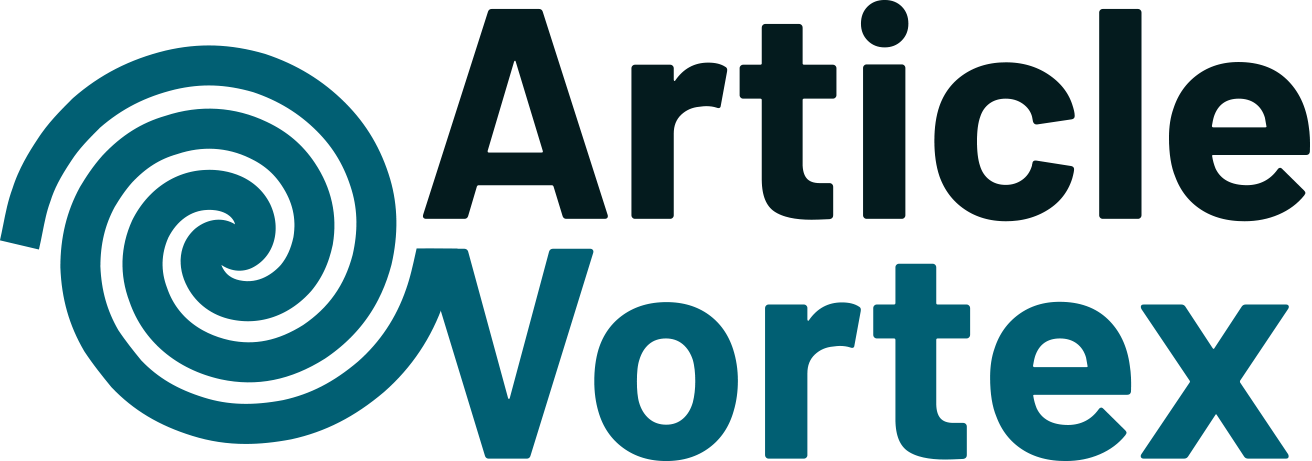Understanding IRS Payment Plans
When you’re facing a tax bill you can’t afford to pay in full, the IRS offers several payment plan options to help you manage your obligations. These plans allow taxpayers to spread out payments over time, reducing the immediate financial pressure. Whether you’re an individual, a business owner, or an employer with payroll obligations, there’s likely a payment solution that fits your situation. One of the most common options is the IRS installment agreement, which lets you pay off your tax debt in monthly increments. For businesses specifically, a payment plan for payroll taxes can be crucial to maintaining operations while staying compliant with tax laws.
Depending on the size of your debt and your filing history, you may qualify for different types of agreements. For instance, a non streamlined installment agreement IRS is typically used for larger debts or when you don’t meet the requirements for streamlined options. These agreements may require more documentation and IRS approval, but they can still provide much-needed relief. If you’re struggling with multiple tax types, such as income and payroll taxes, it’s important to understand how each payment plan works and how they apply to your situation.
IRS Trust Fund Installment Agreements Explained
Employers who withhold taxes from employees’ paychecks are responsible for submitting those funds to the IRS, known as trust fund taxes. Failing to do so can result in serious penalties and legal consequences. Fortunately, the IRS provides a specific solution for this scenario—the IRS trust fund installment agreement. This agreement is designed to help businesses settle unpaid payroll tax liabilities over time without facing aggressive collection actions.
To apply, businesses generally need to demonstrate financial hardship and commit to regular monthly payments. The IRS may also require that all current tax filings and deposits are up to date. This ensures the business is no longer accruing additional liabilities. Key benefits of this plan include:
- Prevention of enforced collection actions
- Structured, predictable monthly payments
- Continued operation of the business
If you’re considering an IRS payment plan for payroll taxes, it’s a good idea to consult a tax professional who can help you navigate the application process and ensure compliance with all requirements.
When a Streamlined Agreement Isn’t an Option
Not all taxpayers will qualify for a streamlined installment agreement, which is typically reserved for debts under a certain threshold and for those with a clean filing history. In such cases, a non streamlined installment agreement IRS can still offer a viable path forward. While these plans may take longer to set up and require more documentation, they provide flexibility for those with more complex tax issues.
During the application process, the IRS may request detailed financial statements to evaluate your ability to pay. This is especially common when dealing with a payment plan for sales tax or other types of business-related tax debt. To improve your chances of approval, be prepared to provide:
- Profit and loss statements
- Bank account information
- Lists of assets and liabilities
A non streamlined installment agreement IRS may involve negotiation and additional scrutiny, but it can help you avoid more severe consequences such as liens or levies. Staying proactive and responsive during the process is key to securing a workable arrangement with the IRS.
What to Do If Your IRS Payment Plan Isn’t Working
Sometimes, even after securing a payment arrangement, circumstances can change. Whether due to cash flow issues or unexpected expenses, you might find that your IRS payment plan not working as originally intended. If this happens, it’s important not to ignore the problem. Instead, reach out to the IRS as soon as possible to discuss your options.
You may be eligible to revise your agreement or temporarily suspend payments. In some cases, the IRS might allow you to switch to a different plan that better suits your current financial situation. Common options include:
- Requesting a lower monthly payment
- Applying for a temporary delay in collection
- Exploring an offer in compromise (if eligible)
Failing to communicate with the IRS can lead to defaulting on your agreement, which may trigger penalties, interest, and enforced collection actions. By staying informed and proactive, you can maintain compliance and preserve your financial stability, even when things don’t go as planned.
Making Informed Decisions About Tax Payment Plans
Choosing the right tax payment plan depends on various factors, including the type of tax owed, the amount, and your overall financial health. For businesses, a payment plan for payroll taxes or a payment plan for sales tax can be critical to ongoing operations. Understanding the distinctions between streamlined and IRS non streamlined installment agreement options will help you determine which path is most appropriate.
Here are a few tips to keep in mind when considering a tax payment plan:
- Review your total tax liability and identify all types of taxes owed
- Ensure all tax filings are current to avoid disqualification
- Evaluate your monthly cash flow to determine a realistic payment amount
- Consult a tax advisor or professional for tailored guidance
Getting ahead of your tax debt with a structured plan can help you avoid compounding penalties and protect your financial future. Whether you’re dealing with a payroll tax payment plan, a sales tax issue, or a more complex non streamlined installment agreement IRS, taking prompt action is the first step toward resolution.
Conclusion: Regaining Control Through Payment Plans
Tax debt can feel overwhelming, but the availability of payment plans offers a practical way to stay compliant and avoid harsh consequences. Whether you’re a business owner needing an IRS payment plan for payroll taxes or an individual exploring a non streamlined installment agreement IRS, there are structured options that can help you regain control. By understanding your choices, preparing the necessary documentation, and staying in communication with the IRS, you can manage your tax obligations without compromising your financial stability.












